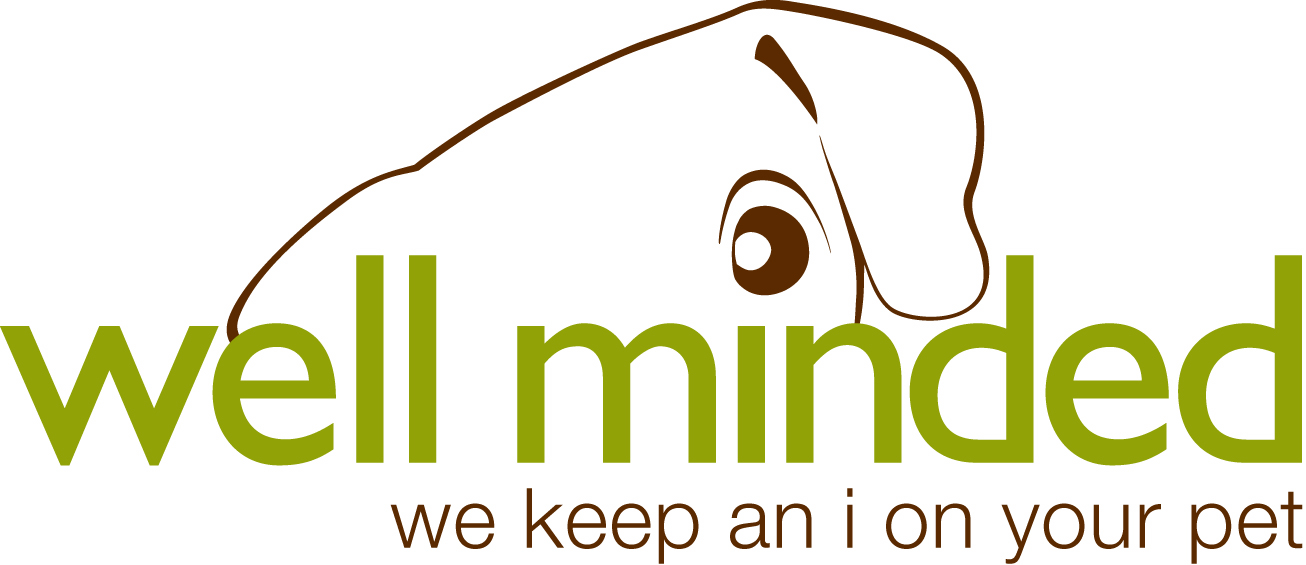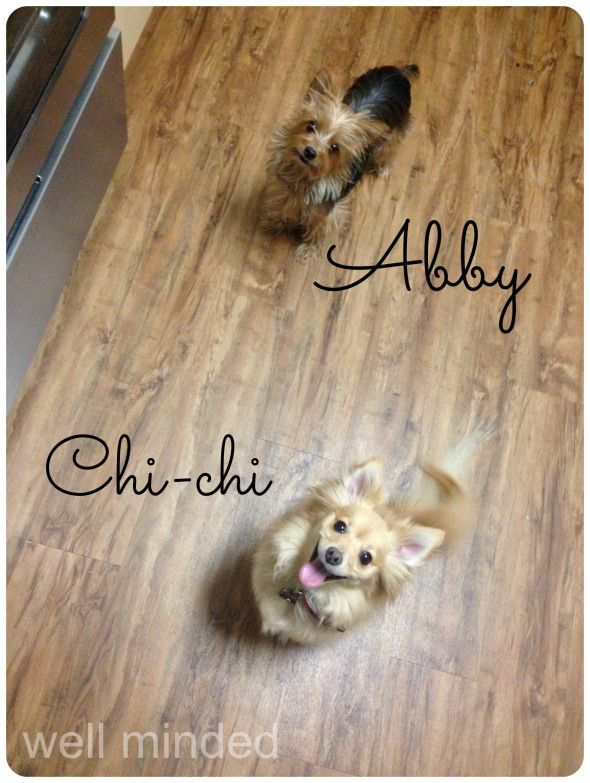Since I wrote about whether a vegan diet is viable for dogs, readers, clients, and friends have asked me about incorporating quinoa into their dogs' diets. Questions have ranged from wondering if quinoa is toxic to dogs to the nutritional value of quinoa for their canine companions.
Whether you and your dog are vegan or not, quinoa is a healthy addition to your diet.
What is quinoa? Though often thought to be a whole grain, quinoa is actually a seed. It is thought to have first been grown and harvested for food by the ancient Incas.
Is quinoa toxic to dogs? First thing's first. Quinoa is not toxic to dogs, but can cause severe digestive upset if fed uncooked, so always serve quinoa to your dog after is has been cooked.
Can dogs digest quinoa? Cooked quinoa can be digested by dogs. Due to it's high fiber content, quinoa can sometimes cause diarrhea when first introduced, so use caution to incorporate it slowly, as you should any new food.
Why is quinoa healthy for my dog and me? Quinoa is packed with nutrients and healing properties. Due to it's high protein content (over 8 grams per cooked cup) and the fact that it contains the nine essential amino acids, it is often a staple of vegan and vegetarian diets. It is low in fat (about 3.5 grams per cooked cup), low in calories (about 220 per cooked cup) and cholesterol-free. It is a good source of iron, magnesium, vitamin B12, and fiber and is rich in antioxidants.
How do I prepare quinoa? Always rinse quinoa thoroughly before preparing it. Add one part quinoa to two parts liquid, and bring to a boil. Turn down heat to low, and cook, covered, until the liquid has been absorbed.
Though most often cooked in water for a neutral-flavored quinoa that can be used for a variety of purposes, I sometimes cook it in vegetable broth (or broth of your choosing) for a more full-flavored savory dish. Be aware that most store-bought broth is high in sodium and wouldn't be best for dogs to consume. I also cook it in almond milk (you may substitute your favorite milk) for a richer, sweeter breakfast dish. I offer my family accompaniments such as agave syrup, raisins, bananas, and almonds for a energy-packed start to their day. Whether cooked in water, homemade (low sodium) broth, or milk, I will typically make a large batch so that I can use a scoop here and there in our dog food, a scoop in my lunch salad, or a quick side-dish for a kid meal. It's a great thing to have on-hand in the fridge.
How should I incorporate quinoa into my dog's diet? As with any new food, introduce quinoa into your dog's diet gradually. Because it is so high in fiber, your dog may suffer diarrhea if given too much. A small spoonful mixed into his regular food is a good place to start. Consult your veterinarian or dietitian for specific feeding guidelines for your dog. Quinoa will not provide all of the nutrients your dog needs, but can be a healthy addition to your dog's diet.
RECIPES FOR THE TRYING:
Abby & Chi-chi's Vegan Dog Food
Homemade Sweet Potato Peanut Butter Vegan Dog Delight
Quinoa Crisps with Rosemary Salmon Dog Treats
Have you used quinoa in your dog's food? Please tell us about it!









 I wrote a few months back about
I wrote a few months back about